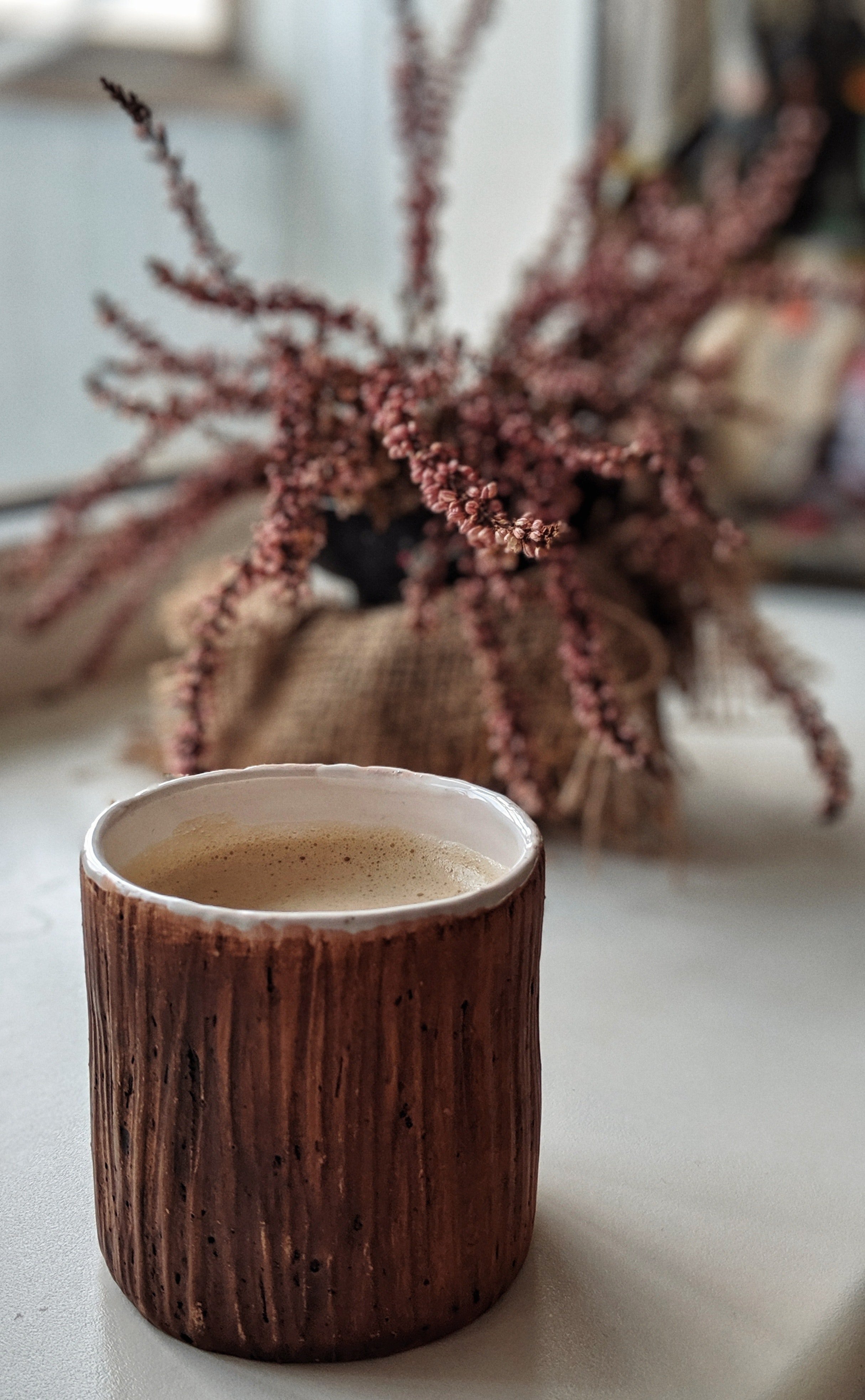Clinical Psychologist
Dr. Joanna Sargalska-Gelin
It can be hard asking for help. What’s even harder is trying to figure it all out alone.
Joanna Sargalska-Gelin, Ph.D.
I’m a clinical psychologist with over 10 years of experience providing therapy and neuropsychological assessment. I earned my Ph.D. in clinical psychology from Long Island University (LIU), Brooklyn Campus. I have trained and worked in a range of clinical settings in New York City and San Francisco, including major hospitals, community and private clinics, and a university. Working across such diverse settings has given me great appreciation for the many ways mental illness can manifest and the many pathways to resilience and health. I enjoy working with adults across lifespan and from diverse cultural backgrounds. For more information about therapy with me, please see below. To learn more about my clinical specialties, please visit my services page.
Credentials and Clinical Experience:
CA Clinical Psychology License PSY 31707
New York State Psychiatric Institute (NYSPI)
Mount Sinai Beth Israel Medical Center
LIU Psychological Services Center
RAMS Inc (National Asian American Psychology Training Center)
Well Clinic
More on therapy with me:
There are many evidence-based therapy approaches. The modality I practice is called psychodynamic psychotherapy. This type of therapy focuses on increasing awareness of unconscious thoughts and feelings that drive our behaviors. It also helps increase insight into our internal conflicts that give rise to the so-called symptoms. My approach is also relational meaning that I strive to establish a safe, emphatic relationship with you to help facilitate sharing feelings and experiences.
My practice is also integrative which refers to incorporating techniques from other modalities including Cognitive-Behavioral Therapy (CBT) and trauma-informed (EMDR) approaches, as needed. CBT involves identifying and reframing negative core beliefs about the self and others. Trauma-informed tools include incorporating greater awareness of physical states and sensations and learning various grounding exercises to calm physical activation that accompanies stress.
A little more about my approach:
Research shows that regardless of the modality used in therapy, its outcome rests heavily on the quality of the relationship we develop. In line with that, I take great care to be open, curious, warm, and respectful. I try not to rush because building trust takes time. I pay attention to your words but also to the many non-verbal cues that any interaction entails and to the overall therapy process. I often ask about your past because I believe it carries a great deal of information about the roots of our current challenges. I work hard on increasing self-awareness and self-compassion as I think that understanding and self-acceptance are central to healing and change. I try to make the process collaborative, balancing listening with giving feedback. Finally, I try not to take anything for granted. Therapy can be a gift, but it can also be difficult and I believe that you are doing you best. All I ask is that you show up and give it a try.


